Elite sales professionals compete at a different level because they listen for different things than everyone else. Top performers do not listen for what they want to hear, they listen for what they need to hear. Most sales professionals only hear what they want to hear. Understandably, if you are selling, what you need to hear may not be aligned with what you want to hear.
You’ve worked hard and taken the risk to initiate the sales conversation with the prospect, so hearing how their pain, problems, and challenges justify your original persistence and ongoing effort. There’s immediate gratification in this experience.
But what differentiates an elite salesperson from everyone else is the kind of listening they do. Base-level listening – the “want” to hear – signals you that this conversation might be worth your time, and there’s an opportunity to make a sale. Higher-level listening recognizes the “need” to hear. It is the understanding that the prospect has to work through his own obstacles, reasoning, and debate about making a change. If you want to make the sale, this is where you need to be investing your time and effort.
“Good” salespeople formulate and ask questions to clarify what they want to hear and to determine how they will position their expertise and solution. They set the stage to become the hero in their sales story. The challenge is that prospects can’t be the hero in your sales story. They need to be the hero in their change story. Elite salespeople understand this difference.
For a small percentage of the prospects you sit down with – hearing what you want to hear works. It works because they’ve already decided that they are going to do something different before you even enter the picture. By using your well-refined sales skills of building rapport, positioning your value, presenting, and handling objection, you can and will succeed within this small population of prospects.
However, what about the majority of prospects who probably need to make a change, but haven’t thought it through? This is where the elite performers shine, and why they sell more. This is where their pursuit to hear what they need to hear becomes the change driver. When you hear what you need to hear and follow up with skilled questioning, there’s no more keeping your fingers crossed hoping that you “showed” (presented) well.



